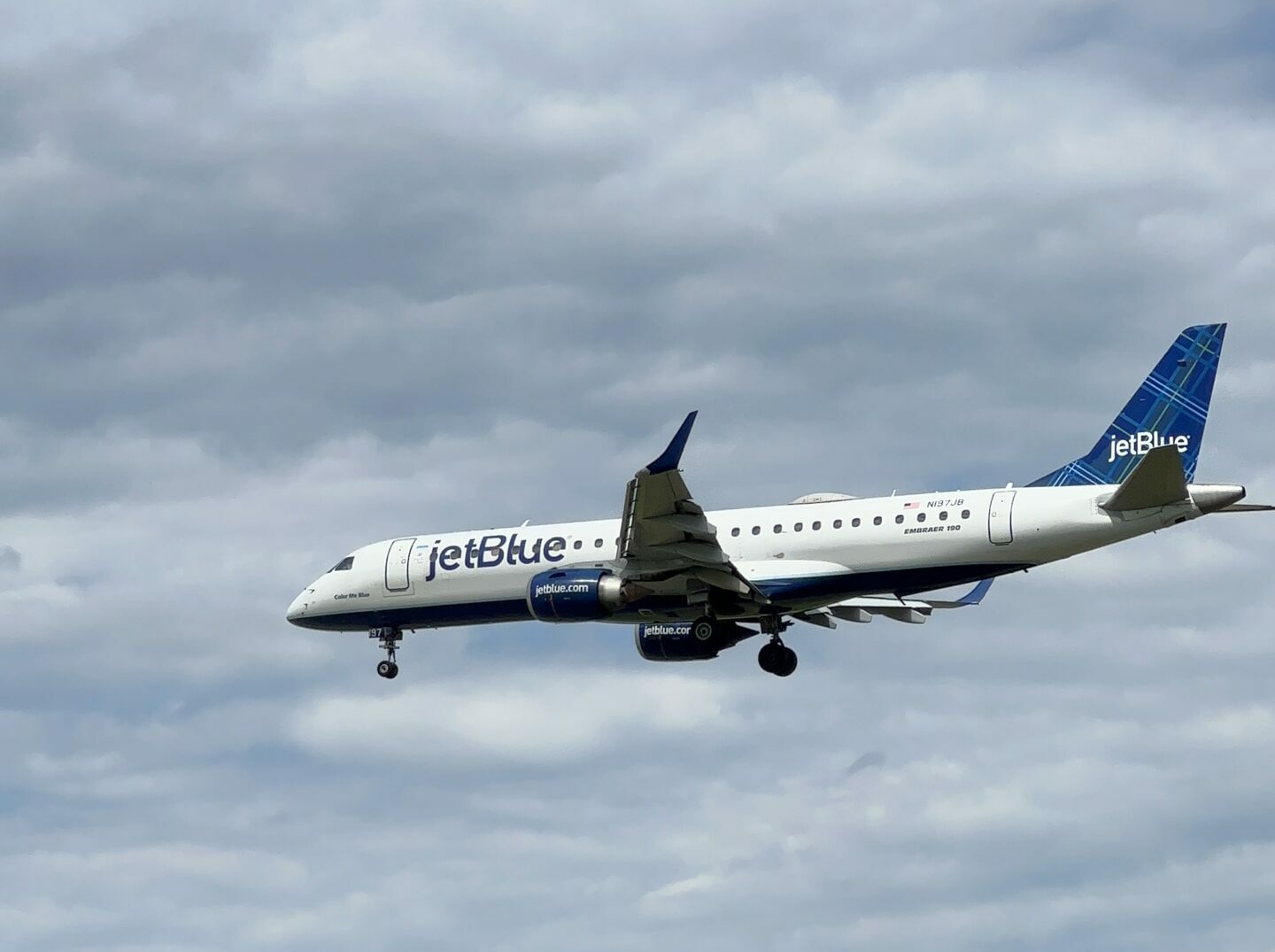By Martin G. Knott, Jr.
JetBlue has made a strong case for why its planned acquisition of Spirit Airlines will create a national low-fare challenger to the dominant ‘Big Four’ airlines that control about 80% of the U.S. market today. With more flights, more routes, and more cities, JetBlue will grow its network and give travelers even more options to reach their destination – all at low fares with great service. However, what many people do not recognize is how this deal will directly create economic growth within the communities JetBlue serves – including the Baltimore-Washington region.
Here in Maryland, visitor spending helps our economy thrive by supporting local businesses, sustaining thousands of jobs, and generating tax revenue. According to a report from the Maryland Department of Commerce, visitors spent more than $16 billion in 2021 – an increase of nearly $5 billion over 2020 figures in total spending – generating more than $2 billion in local and state tax revenue.
JetBlue has contributed to this growth, and as a combined airline, JetBlue and Spirit will provide an additional boost to Maryland’s economy by attracting more visitors through affordable, accessible, and high-quality travel options. This means more opportunities for travelers to enjoy popular destinations for leisure travel, including Ocean City, Baltimore, Annapolis and more.
Further, because JetBlue specializes in offering low-fares, travelers can save money by booking a ticket with this low-cost airline, rather than with one of the legacy carriers. JetBlue’s impact on airfares across the industry is also well documented. When JetBlue enters a route, legacy airlines are forced to respond to JetBlue’s disruptive pricing by lowering fares and improving service.
The government has called this the “JetBlue Effect” and it typically results in legacy airlines lowering nonstop fares by about 16 percent. That’s real savings for consumers, whether they fly with JetBlue or another airline, and it means travelers will have more money to spend in Maryland communities when they arrive, further sustaining and growing our economy.
Not only will the merger bring more travelers to Maryland, a combined JetBlue and Spirit will result in more travel opportunities for our state’s residents. As the second largest airline at BWI, the merger will unlock new routes and more destinations, including to the Caribbean, Latin America, and beyond. This is critical for Marylanders looking for low-fare options when booking travel.
I’m A united JetBlue and Spirit will also provide more opportunities for job growth for Maryland’s residents, while attracting new talent to the region. Not only will JetBlue convert Spirit’s outsourced team members to JetBlue employees, all crewmembers will have access to an expanded network and growth opportunities. JetBlue also has a program called ‘JetBlue Gateways’ which provides career paths for people who have always wanted a job in the airline industry – from pilots to maintenance technicians – but have never had the opportunity to pursue these skills. Programs like this one are critical to providing good paying career opportunities in our community.
It is critical we acknowledge the value air travel – and JetBlue in particular – brings to Maryland’s economy, small businesses, communities, and families. The facts are clear: a combined JetBlue and Spirit will benefit Maryland residents and business owners, drive economic growth and development, and help meet the growing demand for travel to our state. As the U.S. Department of Justice moves forward with its lawsuit to block the merger, I hope the federal government will reconsider its stance and better understand the many benefits this deal stands to bring our community and our residents.
Martin Knott, President of Advanced Indoor Resources (AIR), LLC, is former Chair of the Maryland Economic Development Corporation and a very frequent flier out of Thurgood Marshall/BWI Airport.
